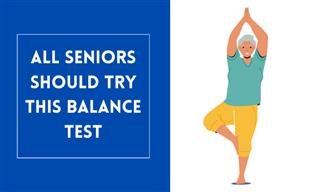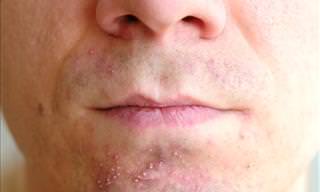Who Is Considered to Have Hypertension?
Before delving into the study itself, let’s define high blood pressure:
- According to the most recent American guidelines released by the American Heart Association and the American College of Cardiology in 2017, any blood pressure with a systolic (higher) reading past 130 is considered hypertension.
- The guidelines differ in Europe, as the European Society of Cardiology and European Society of Hypertension suggest that hypertension is a systolic reading over 140.
Crucially, not all European patients over 70 receive a treatment intended to bring down the systolic blood pressure to 120, and, in clinical practice, doctors often decide what upper limit is better for each individual patient.
Is Hypertension Really Bad For Everyone?
As a general tendency, older adults are more likely to suffer from hypertension, and so any adult past the age of 70 is advised to continuously monitor their blood pressure and take some form of medication or a combination thereof to normalize their blood pressure.
A study by the Charité-Universitätsmedizin Berlin in Germany that researched the mortality rates of 1,628 adults over the age of 70 reached a surprising conclusion. They found that adults over the age 80 may actually be better off not lowering their blood pressure below 140/90. We discuss the study in detail below.
The research was published in the European Heart Journal in 2019, and it looked at elderly adults (both male and female) with and without any previous cardiovascular events. They measured and recorded participants’ blood pressure and what medications they took, and 6 years later, they checked how many of these participants passed away.
Importantly, the average age of the participants was 81 years. Also, the research controlled for several confounding factors, such as biological sex, lifestyle choices and body mass index (BMI).

As a result, the generalized findings were that blood pressure values below 140/90 didn’t decrease risk of mortality, but increased it by 26%. Now, this refers to the population that is on average 81 years old, but if we further break down the results, it is possible to observe an interesting tendency:
- The mortality rates decreased (slightly) among the participants with a normalized BP who were 70-79 years old.
- A blood pressure below 140/90 increased the risk of death in the population that was 80 and older by 40%.
Unfortunately, it remains unclear what role a relatively high blood pressure may play in assisting older adults and what should be considered as “normal blood pressure” for this age group. It is clear, however, that a blanket approach to mass lowering of blood pressure may not be the correct treatment strategy either.
Thus, the study concludes that patients over the age of 80 benefit from a more targeted and individualized blood pressure treatment rather than a steady goal of lowering the blood pressure below 140/90 for everyone.
And though this research definitely made some bold claims, it remains unclear as to what criteria should be taken into consideration by practicing doctors to provide said individualized treatment. However, the researchers are optimistic, and their next goal is to learn to distinguish between the patients who require antihypertensive treatments, and those who might not.
If you enjoyed reading through this article, consider taking a look at similar medical news articles, such as this surprising 2018 study about the link between sleep and pain, or this recent article that reveals whether face exercise can plump up your facial skin.
 Go to BabaMail
Go to BabaMail


























